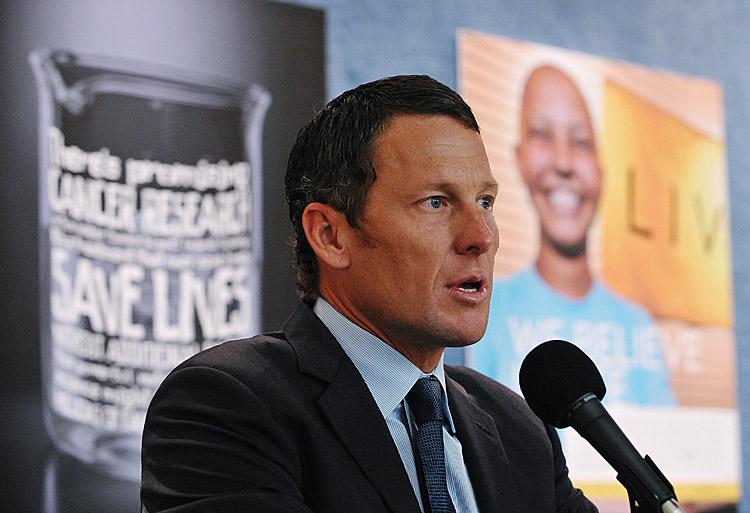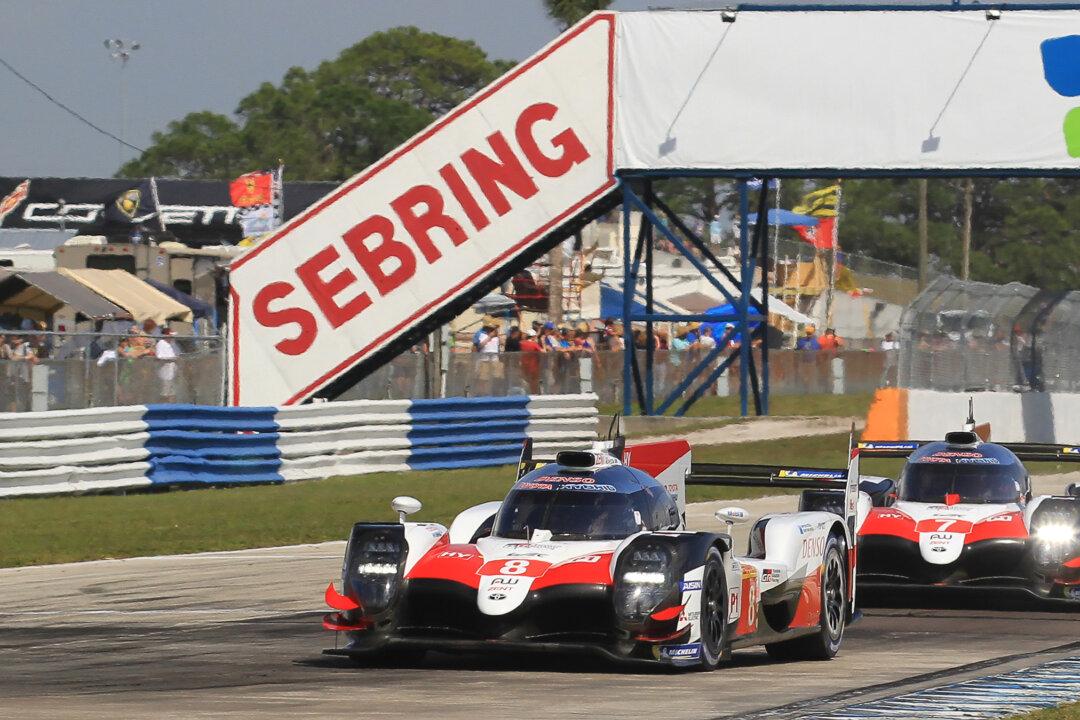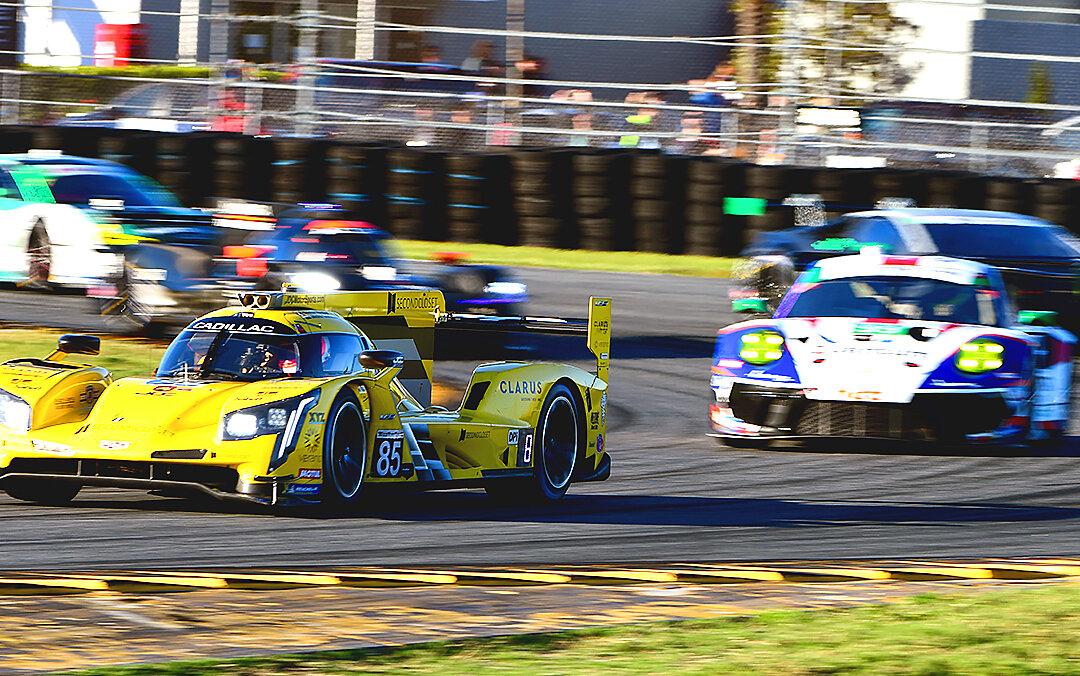After U.S. cyclist Lance Armstrong announced that he would no longer contest the U.S. anti-doping Association’s charges that Armstrong used performance-enhancing substances and covered up the fact, the USADA released a statement Friday saying Armstrong would be stripped of all competitive results from August 1, 1998, and would be banned forever from any involvement with the sport.
“Nobody wins when an athlete decides to cheat with dangerous performance enhancing drugs, but clean athletes at every level expect those of us here on their behalf, to pursue the truth to ensure the win-at-all-cost culture does not permanently overtake fair, honest competition” said USADA CEO, Travis T. Tygart in the association’s official statement.
“Any time we have overwhelming proof of doping, our mandate is to initiate the case through the process and see it to conclusion as was done in this case.”
Even though USADA does not have a single failed drug test to base its case on, the agency has testimony form enough people that it feels confident that Armstrong was involved with what the agency is calling “The United States Postal Service Cycling Team Doping Conspiracy” (USPS Conspiracy.)
Armstrong has been fighting USADA in court and in the press, taking away time and money from his ongoing campaign to help others battle cancer.
“There comes a point in every man’s life when he has to say, ‘Enough is enough.’ For me, that time is now,” Armstrong said in a statement. “
“I have been dealing with claims that I cheated and had an unfair advantage in winning my seven Tours since 1999. Over the past three years, I have been subjected to a two-year federal criminal investigation followed by Travis Tygart’s unconstitutional witch hunt. The toll this has taken on my family, and my work for our foundation and on me leads me to where I am today—finished with this nonsense.”
“If I thought for one moment that by participating in USADA’s process, I could confront these allegations in a fair setting and—once and for all—put these charges to rest, I would jump at the chance. But I refuse to participate in a process that is so one-sided and unfair.”







